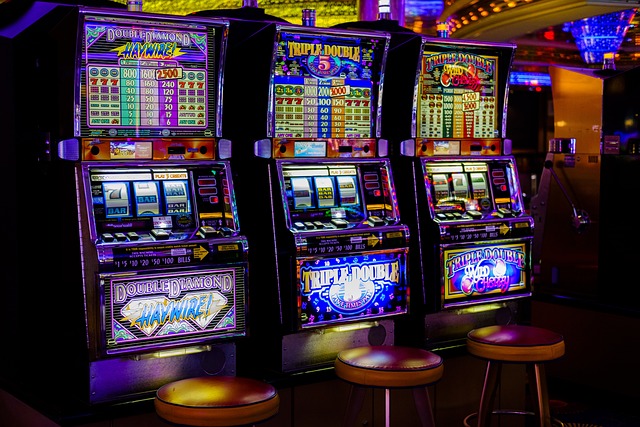The casino industry is one of the most controlled in the world. Laws seek to ensure player protection, avoid fraud and prevent money laundering. However, this regulation also affects the capacity for innovation in the sector. Game developers must find a balance between complying with the rules and creating novel products that attract users. Would that be a problem for platforms? This text explores how regulations slow down or drive technological innovation in casino games.
Regulation and Security
Each country establishes its own laws for gambling, but they all seek the same thing: to protect consumers. Regulations require that games be fair and transparent. This means that they must be reviewed and audited to avoid any manipulation. They also impose restrictions to combat addiction, limiting access to certain vulnerable groups.
Although these measures are necessary, they entail great costs for developers. Instead of concentrating on new ideas, they must dedicate resources to complying with the legal requirements of each market. This slows down the pace of innovation in the industry.
Technologies Limited by Regulation

One of the biggest barriers to innovation in casinos is the restriction on the use of emerging technologies. The adoption of cryptocurrencies and blockchain, for example, has been limited in many markets. Although they offer advantages such as greater transparency and speed, authorities view them with suspicion due to their link to illicit activities.
Virtual reality and augmented reality are other technologies that could revolutionize the sector. However, the lack of clear regulation has delayed their integration into casinos. Developers must wait for new legal frameworks to be created or adapt their products to existing rules, which takes away creative freedom.
Regulations also affect game dynamics. Loot boxes, popular in other industries, are limited by laws that protect players from abusive practices.
Innovation Within Limits
Despite restrictions, innovation in casinos continues. Online platforms have made remarkable advances in personalization, data analysis and artificial intelligence. These tools allow the game offering to be tailored to each player’s tastes, improving their experience.
The rise of mobile gaming has opened a new avenue for innovation. Apps allow players to enjoy casinos from anywhere, and developers have optimized their interfaces to make them more accessible. Although they are also subject to regulation, they have managed to innovate within limits.
In some cases, regulations have been a driver of innovation. Responsible gaming laws have led to the creation of systems that detect risky behavior. These tools allow casinos to intervene in time and offer options to protect players, such as personalized limits or excessive gaming alerts.
Looking Ahead

As technology advances, regulations will continue to be a challenge for casino game developers. Innovations such as artificial intelligence, blockchain or virtual reality will challenge current laws. It will be crucial for governments to adopt a flexible approach that balances player protection with creativity.
In conclusion, while regulations impose barriers to innovation, they also open up opportunities to create responsibly. The future of the virtual casino industry will depend on finding that balance between rules and the ability to create new and engaging experiences.


